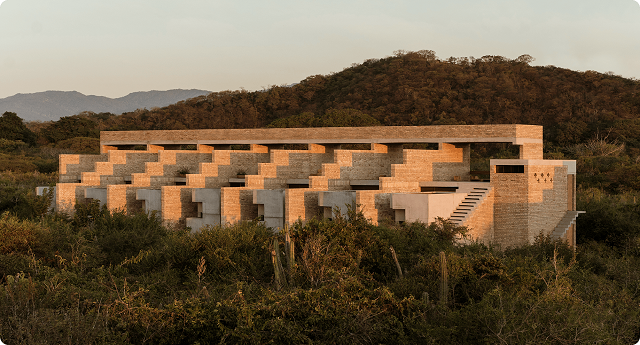DER Ducks in a Row, Green Skills Gap Widening and Wellington Under the Weather
In this issue:
DER ducks in a row
A recent study by ITP Renewables provides a possible picture of the impact of extensive deployment of DER on network demand curves and prices. The study reveals a significant levelling of the duck curve when rooftop solar becomes commonplace and even further levelling if household storage follows suit. Under the deployment scenarios, the morning peak for network demand is little changed but the evening peak is reduced markedly, as is the ramp rate required to satisfy it. While the study is based on the Australian market, some of the conclusions will be transferable to NZ.
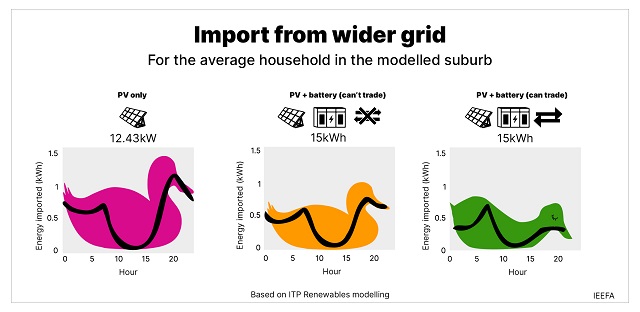
VPPs could save billions
In a similar vein, a US study indicates virtual power plants (VPPs) could save US utilities billions of dollars over the next 10 years. The study by Brattle (funded by Google) compared the costs of providing resource adequacy using gas peakers, batteries and VPPs. While the VPP model is based on the utility controlling use, rather than the customer, the predicted cost of using the VPP is of the order of 40-60% of the other options.
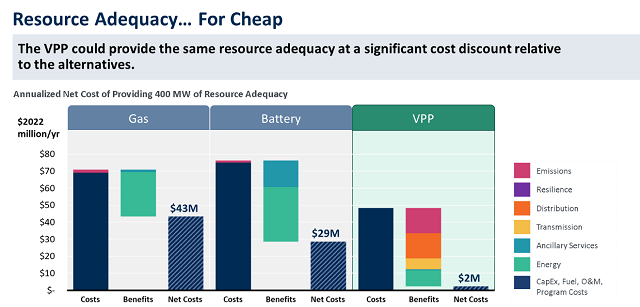
Global green skills gap widening
The global green skills gap is getting wider according to a report from the WEF. Analysis of vacancy listings on LinkedIn reveals the demand for green skills is now 25% higher than in 2015 and that 3 of the 10 fastest growing roles since 2018 are in environmental sustainability.
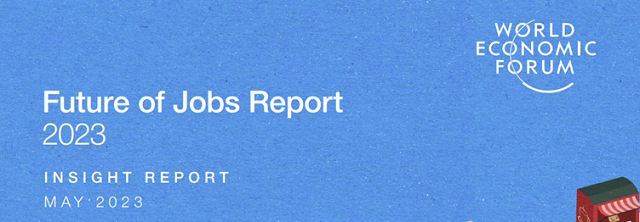
Wellington under the weather
While not featuring in our own nationals, Wellington’s launch this week of its Community Climate Adaptation Programme did make some of the specialist, international media. The intent is to help Wellington communities prepare for and adapt to the impacts of climate change.
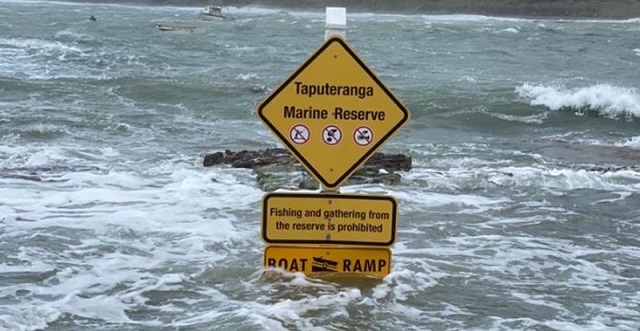
AI for building performance dataset
Anyone interested in building performance and modelling and controlling energy consumption using AI might like to take a look at the analysis of an extensive dataset from the Pleiades building at the University of Murcia. The data cover internal and external conditions across a wide range of variables, including HVAC settings.
The off-grid, luxury hotel with no HVAC
Architect Alberto Kalach has designed a luxury hotel in Puerto Escondido, Mexico that runs entirely on solar power. Seemingly, it has pretty much every luxury imaginable but has no HVAC, rather relying on local building materials and design to keep everyone cool and relaxed. Send us a postcard!
